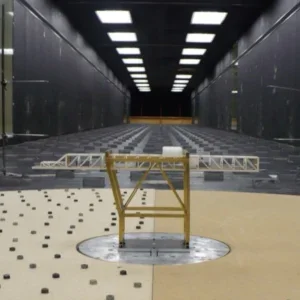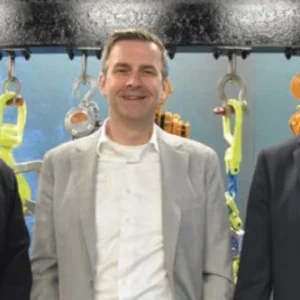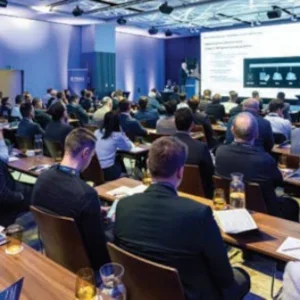Without going into the specifics, the Americans are different to the Europeans and within the latter geography, for example, the French bring a different set of rules to the table of negotiation than the Italians or Spaniards.
And it’s what makes the job so interesting.
The headline for this blog, as another example, could be read as a typically ironic lead into a UK-based editor’s monthly ramble.
Oddly, it is right here on our doorstep, in the UK, that Hoist finds its toughest nut to crack. The market is mature, insular and incestuous and has become accustomed to a certain way of doing business. Not that it’s unique here.
Regarding Hoist, there’s a passivity and reluctance to embrace the facilitator it can be, yet, an aggression and arrogant sense of possession when it doesn’t do what they think it should. I take that as a compliment, but it’s also a source of frustration.
Also serving those at home and abroad, the Lifting Equipment Engineers Association (LEEA) has just launched its new training portal, which could, and should, become part of the best and most widely renowned training package on the planet, thus, enhancing the value of membership.
The increasingly international nature of LEEA membership has been reflected in the latest set of awards presented to its most successful Diploma students. Winners announced at the association’s AGM at the Kassam Stadium in Oxford last month included engineers from as far afield as Egypt. Interest from companies based outside the UK now represent more than half of its total membership.
But it remains a UK-based association and these often passive UK members need to embrace their association like they too often don’t their trade magazine. If they don’t take responsibility for not only undertaking the enhanced training offering, but marketing its benefits and preaching its necessity to end user markets, they are the ones losing out.
Richard Howes, Editor






